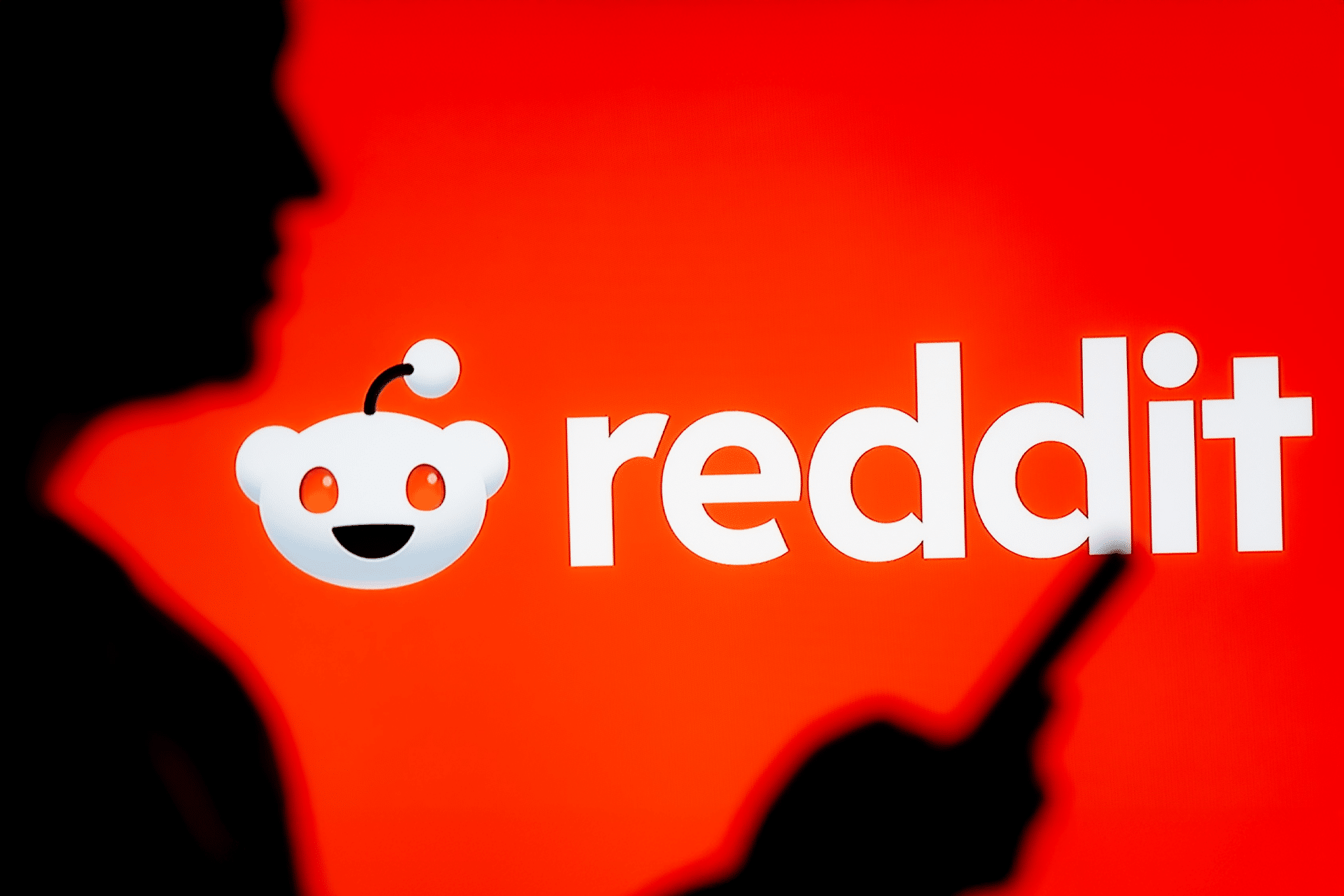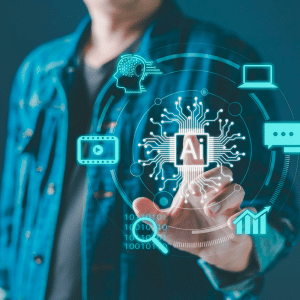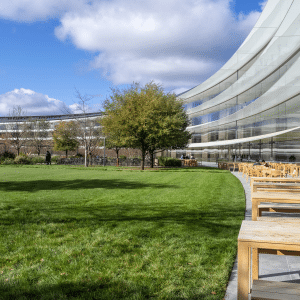Reddit is reportedly reducing staff and replacing certain roles with AI systems, marking another instance of automation reshaping the U.S. job market. The company is said to be implementing new artificial intelligence tools in moderation, content management, and operational support, resulting in a wave of layoffs.
According to internal communications cited by multiple sources, Reddit has begun reorganizing post-IPO operations to streamline workflow and lower overhead. The company is deploying AI systems to handle routine moderation and support tasks previously performed by human employees. The move follows a broader industry shift toward automation as major firms seek to cut costs while maintaining scale.
Reddit has not issued a public statement on the specific number of roles affected, but the restructuring aligns with CEO Steve Huffman’s previous comments about “embedding AI deeply” across Reddit’s platform and internal operations.
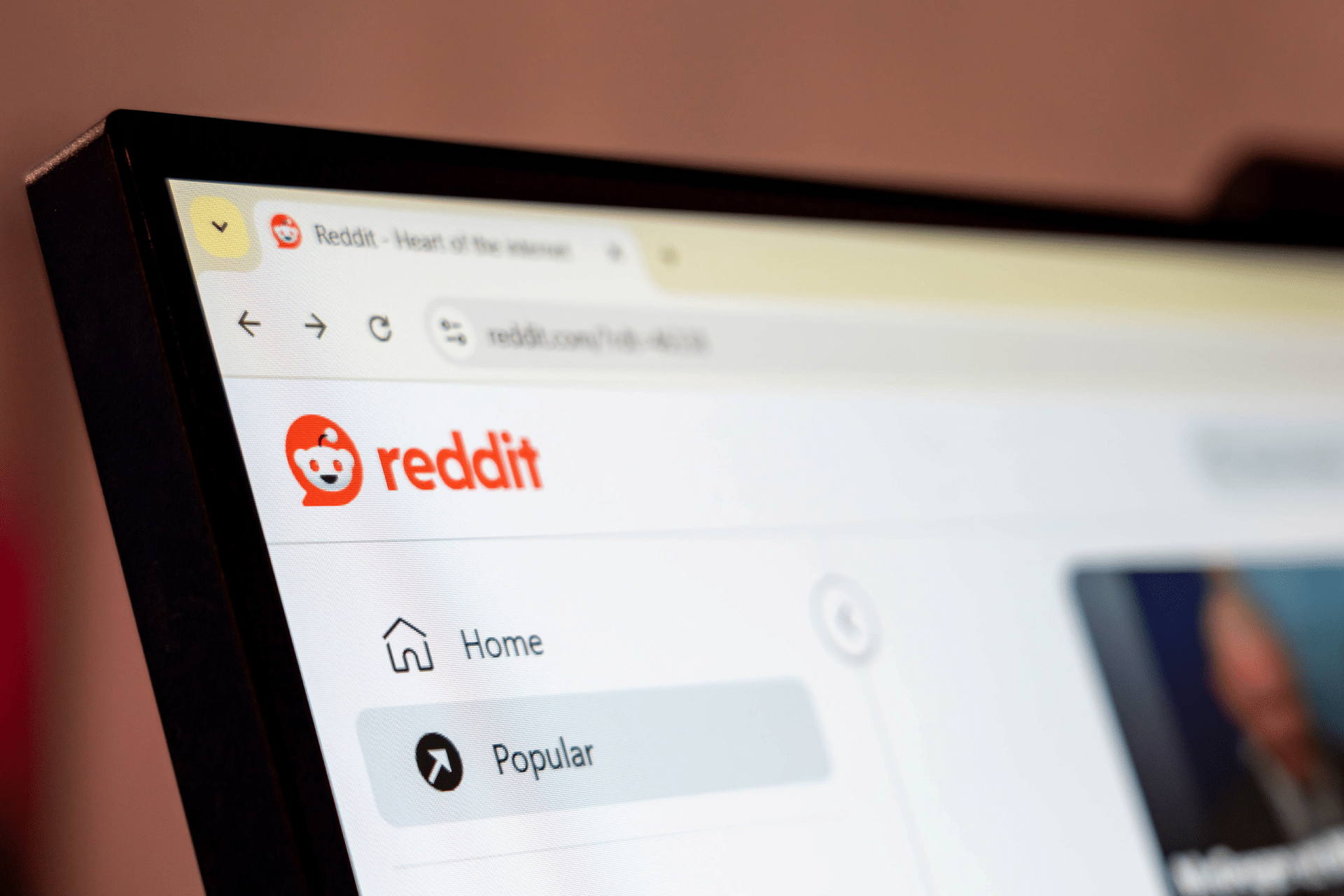
AI Adoption Accelerates Workforce Cuts
Reddit’s decision reflects a growing corporate trend across U.S. industries. As companies integrate generative and predictive AI systems, positions once considered essential are being reduced or redefined.
Goldman Sachs recently confirmed plans to cut jobs through the end of 2025 as part of its “OneGS 3.0” modernization program. The initiative replaces several operational and administrative processes with automated systems. Similarly, Amazon announced that it would trim about 15 percent of its human resources team after shifting portions of recruiting and internal support to AI-based tools.
Beyond technology and finance, manufacturing and design sectors are also being reshaped. Autodesk, the California-based software company, announced in October that it would eliminate approximately 1,350 jobs as it transitions toward AI-led automation across its design and engineering platforms. Each case illustrates a common trajectory: adopting automation to preserve profitability in a tightening global economy.
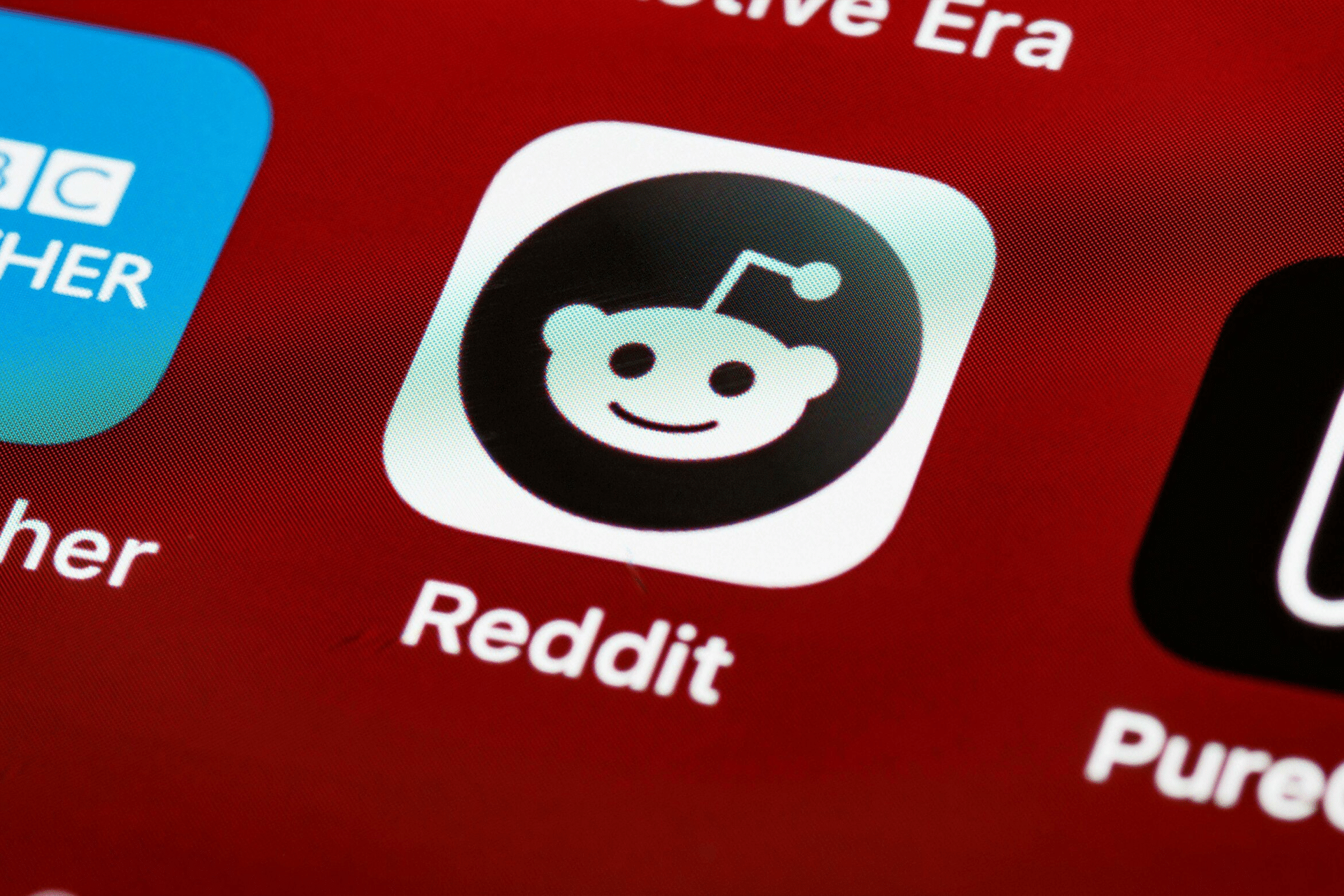
U.S. Labor Market Adjusts to Automation
AI’s rapid adoption is creating a structural shift in the labor market. According to workforce data from several research groups, over 7,000 job cuts in 2025 have been directly linked to AI integration, particularly within administrative, marketing, and creative roles.
While some sectors are reducing headcount, others are reallocating resources toward machine learning maintenance, data training, and AI ethics oversight — new categories of employment that have emerged in parallel with automation. This dynamic is forcing workers to adapt faster than previous industrial shifts, often requiring reskilling or redeployment into more technical functions.
Economists note that the U.S. labor market remains resilient, but the balance between automation gains and job displacement is narrowing. Companies now face the dual challenge of achieving operational efficiency while managing the social and reputational effects of workforce reductions tied to AI.
Automation’s Expansion Into Everyday Operations
As automation becomes embedded in everyday workflows, its effects are extending beyond traditional corporate boundaries. Smaller firms are adopting AI-driven tools to manage logistics, marketing, and customer engagement, while public institutions experiment with automated systems for clerical and data-processing work.
The next competitive advantage may not lie in replacing human labor entirely, but in determining where automation delivers sustainable value — and where human oversight remains irreplaceable.

